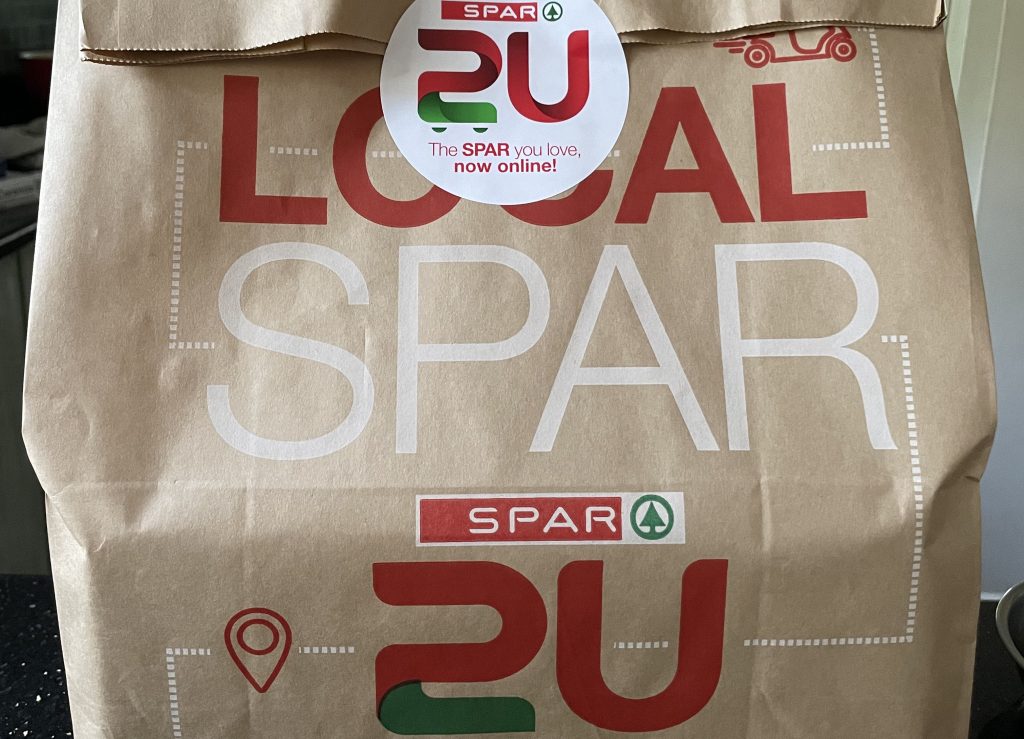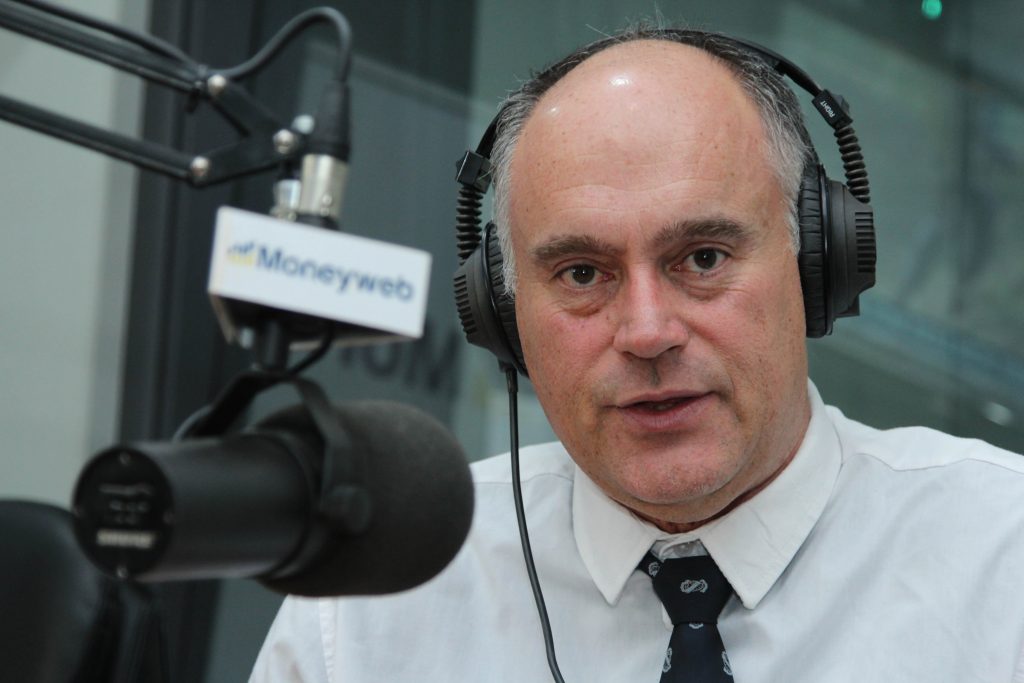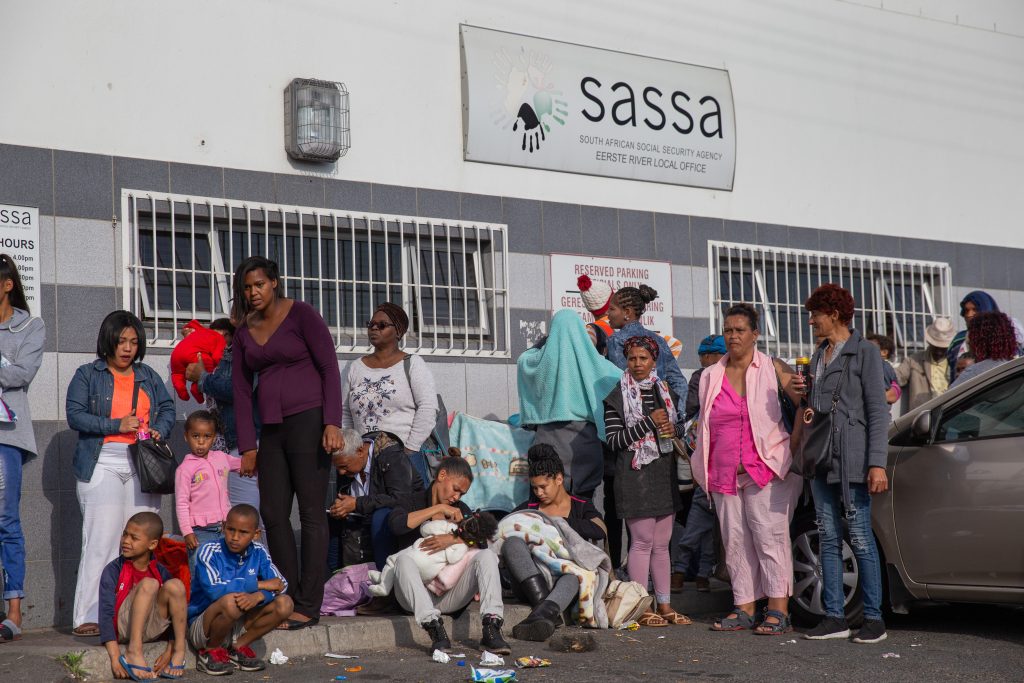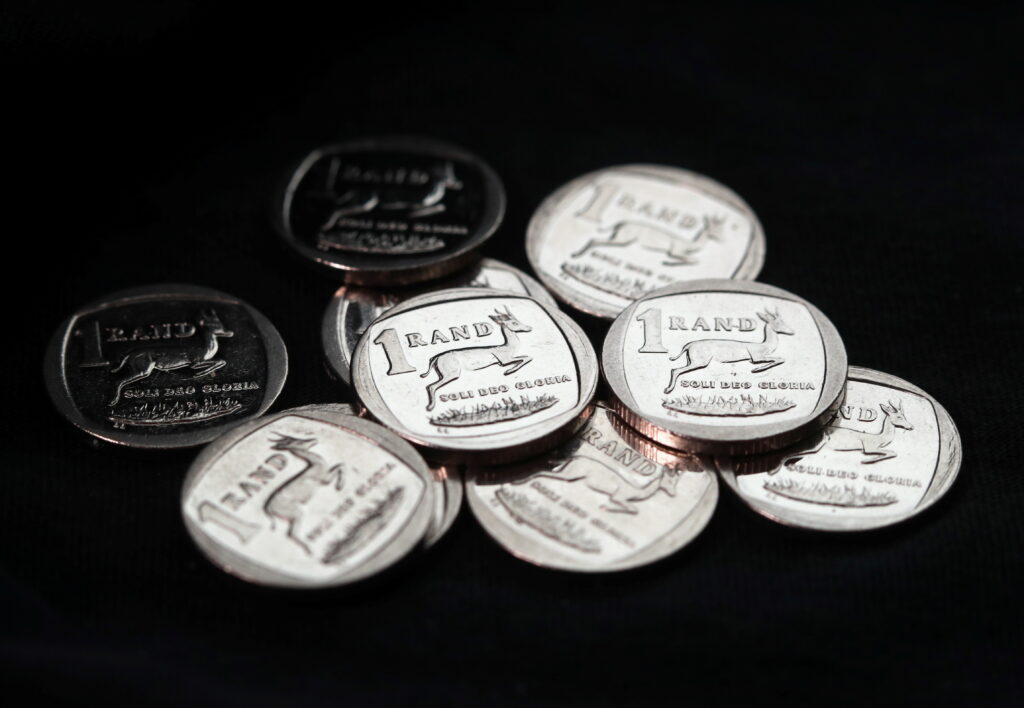Forcing African development lenders to take losses in sovereign debt restructurings would set a dangerous precedent and increase the cost of financing on the continent, TDB Managing Director Admassu Tadesse cautioned.
Zambia plans to impose losses on institutions including the Eastern and Southern African Trade and Development Bank, or TDB, and the African Export-Import Bank as it reworks $13.4 billion in loans spanning Chinese state-owned banks to bondholders. Finance Minister Situmbeko Musokotwane said last week the southern African nation must honor its agreement with other creditors, which includes subjecting TDB and Afreximbank loans to comparable treatment. Ghana has echoed this.
ADVERTISEMENT
CONTINUE READING BELOW
The dispute could prolong Ghana and Zambia’s defaults and delay their economic recoveries. Afreximbank has already said it won’t restructure these debts, as it enjoys “preferred creditor status,” which shields it from being compelled to do so.
“It’s a dangerous precedent,” Tadesse said in an interview in Abidjan, the commercial capital of Ivory Coast, adding that trade finance shouldn’t be included in debt reworks. “It’s going to affect everybody else who’s observing this.”
TDB and Afreximbank want their facilities to be exempted from sovereign debt revamps, just like the World Bank and International Monetary Fund’s loans. That’s even as the African lenders charge mostly commercial interest rates and have private shareholders who sometimes receive dividends. The regional banks charge more because their own borrowing costs are higher than global multilateral financial institutions, said Samaila Zubairu, who chairs the Alliance of African Multilateral Financial Institutions.
“Asking them to take haircuts erodes their capital base and raises their borrowing costs, ultimately making development financing more expensive for Africa as a whole,” he said in a voice note last month.
The dispute is the latest setback to beset the Group of 20’s Common Framework, set up in the pandemic era to help poorer countries like Ghana and Zambia revamp their unsustainable debts.
It’s ultimately up to the international creditor community to determine whether a lender qualifies for preferred creditor status, the IMF said in reply to emailed questions.
‘Double jeopardy’
Still, TDB seems to have taken a more conciliatory tone than Afreximbank, which ruled out restructuring. The lender has provided some relief to Zambia on its more than $500 million debt, and is willing to be paid back “in a constructive way that would help everybody move forward,” said Tadesse. Lenders like itself weren’t consulted when deciding Zambia’s restructuring parameters, he said.
ADVERTISEMENT:
CONTINUE READING BELOW
“This is a problem of the global financial architecture because you’re not involved in the decisions,” he said. “We restructured before everybody else. But then they’ll turn around and tell you you’re a holdout. That’s double jeopardy.”
TDB is insured for a large portion of its loan to Zambia, said Tadesse. “We’ve not called that insurance policy as yet, but we are looking at it very closely.”
Malawi, which neighbors Zambia and is also involved in a lengthly debt restructuring, owes TDB about $400 million, Tadesse said
© 2025 Bloomberg
Follow Moneyweb’s in-depth finance and business news on WhatsApp here.

 6 days ago
1
6 days ago
1






















 English (US) ·
English (US) ·